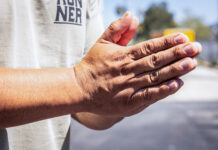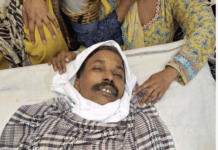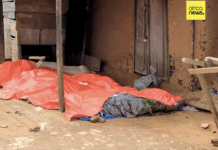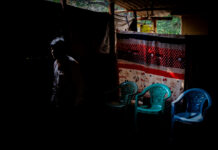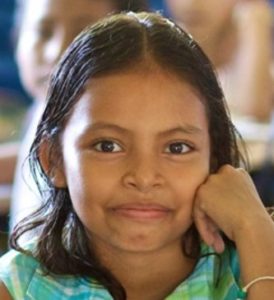
Houston, TX (ANS) – When children learn stories, they tend to tell stories. One of the things we’ve observed all over the world is how children can have a significant role in the spreading of the gospel. There seems to be a growing recognition of the place of equipping and mobilizing children in the prayer movement, as well as disciple making and church multiplication. The 4 to 14 Window Movement (www.4to14window.net) is a great example of what is happening with children and youth in relation to Kingdom advancing initiatives. They have an important role in completing the Great Commission.
Children are Fast Learners
In our Bible Storying and Orality Training Workshops with Living Water International in Central America, as well as Asia and Africa, we have often seen how children as young as 6 or 7 years old participate right along with the adults. Sometimes the children learn the stories better and faster than the adults. During small groups, while retelling stories and discussing them, children often complete the adult’s sentences or correct them when they get the stories wrong. Pastors often catch a vision for how they can equip, train and mobilize women and children at every education and socio-economical level to become storytelling evangelists and disciple makers.
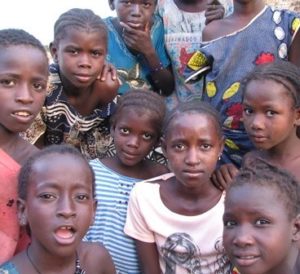
Not only do children learn and retell biblical stories accurately, they can also be part of the training process. In fact, one five year old boy participated in an Orality Training for Trainers with a group of pastors. The boy later participated as part of a training team where he stood before a group of more that 400 and told the Story of Jesus Calming the Storm perfectly. That really set the stage for a great learning experience for everyone.
Kids Around the World
One of the many groups having great impact in equipping and mobilizing children is “KIDStory: A program of Kids Around the World.” www.katw.net/kidstory They point out that, “There are approximately 2.2 billion children in the world and 75% learn through the spoken word. We believe God is passionate about children and it brings Him tremendous joy when one comes into a personal relationship with His Son, Jesus. Sharing the Gospel in communities where children learn best through oral means requires a unique strategy. One transformed life can transform a family and ultimately a community.”

In many places bringing clean water solutions, hygiene education and Bible Storying/Orality Training can open the doors for reaching families and whole communities or villages with the Gospel. There are many other orality-based methods that are effective in reaching and training children. Song, dance and drama, as well as visual and relational arts are all part of the concepts of Orality that are having tremendous impact around the world. Biblical, understandable and reproducible are key factors.
Forming Story Clubs and Discovery Discussion Groups can be effective strategies for equipping and mobilizing children. When leaders and facilitators are properly trained in biblical orality principles and concepts, it can be a simple and reproducible way of crossing barriers and borders. Increasingly, there is a recognition that the various Oral Art Forms are effective for reaching and training children. Other methods such as guided discovery and action learning principles, are also fruitful practices with children and adults as well.
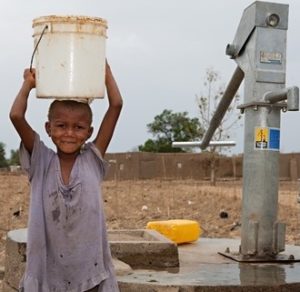
Prayer and Spreading the Gospel
Encouraging reports are coming from those who are mobilizing prayer among children. Of course, the prayer movements are also sparking passion for sharing the Gospel. Some of the groups experiencing much fruit and impact in these efforts are www.greatcommissioncoalition.com and www.ignitingprayeraction.org.
We’ve actually received reports of teenage girls planting disciple making groups and leading networks of simple churches in Southeast Asia. There is much we in the West can learn from these small, simple reproducing movements.
For more information on Orality resources, training opportunities, and other events, visit – www.orality.net or www.water.cc/orality.

